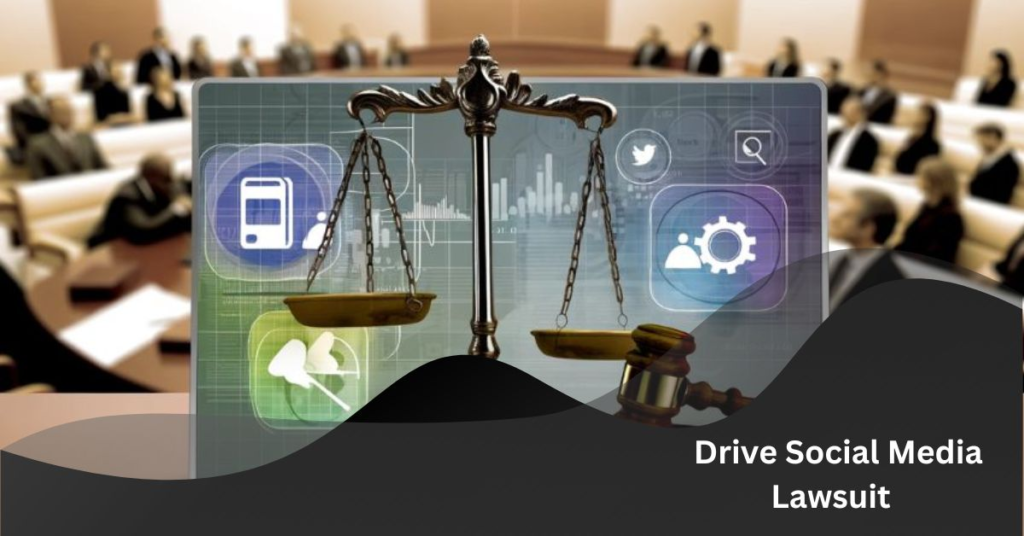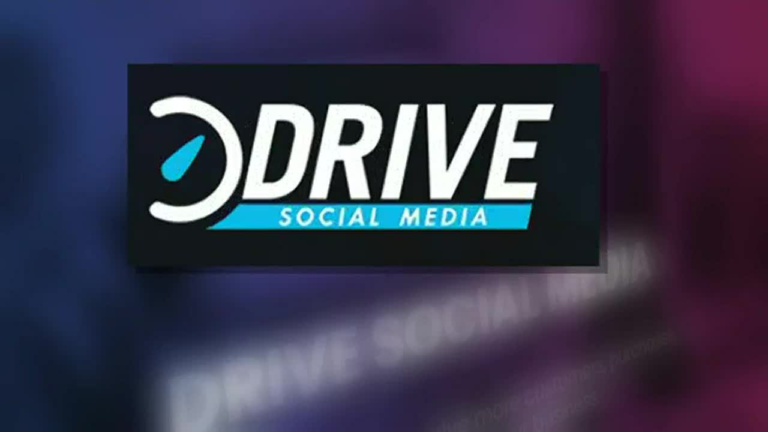In an age where social media platforms significantly influence public discourse and individual lives, legal battles involving these digital giants have become increasingly common. The Drive social media lawsuit is one such case that has captured widespread attention. This lawsuit delves into the complex interplay between user rights, corporate policies, and the broader implications of content regulation in the digital sphere. This article provides an in-depth exploration of the Drive social media lawsuit, examining its origins, key players, legal arguments, and potential ramifications for the future of social media governance.
Origins of the Drive Social Media Lawsuit
The Drive social media lawsuit originated from contentious events that unfolded on Drive’s famous social media platform. Known for its innovative features and rapidly growing user base, Drive positioned itself as a leading platform for content creators and everyday users alike. However, as its popularity surged, so did the controversies surrounding its content moderation policies and user data practices.
The catalyst for the lawsuit was a series of allegations made by a group of high-profile content creators. They accused Drive of unfairly censoring their content, limiting their reach, and violating their freedom of expression. These accusations were compounded by claims that Drive’s algorithms disproportionately targeted certain viewpoints, leading to a perception of bias and discrimination.

Key Players in the Lawsuit
The Drive social media lawsuit features a cast of significant players, each bringing their perspectives and stakes to the table. On one side are the plaintiffs, a coalition of content creators, digital rights activists, and legal advocates. They argue that Drive’s content moderation policies are opaque, inconsistent, and discriminatory. A team of seasoned attorneys with experience in digital rights and First Amendment cases represents them.
Drive, a tech behemoth with vast resources and a formidable legal team, is on the other side, is on the other side. Drive defends its practices by asserting its right to enforce community standards and ensure a safe environment for all users. The company’s lawyers emphasize the challenges of balancing free expression with the need to prevent harmful content, such as misinformation, hate speech, and cyberbullying.
Legal Arguments and Contentions
The legal arguments in the Drive social media lawsuit revolve around several core issues: freedom of expression, algorithmic transparency, and platform liability.
Freedom of Expression
At the heart of the lawsuit is whether Drive’s content moderation policies infringe on users’ freedom of expression. The plaintiffs contend that Drive’s actions amount to censorship, violating their rights under the First Amendment. They argue that social media platforms have become modern public squares where free speech should be protected. The plaintiffs seek a legal precedent limiting Drive’s ability to remove or demote content based on subjective criteria.
Drive, however, counters this argument by pointing out that as a private company, it is not bound by the First Amendment in the same way as government entities. Drive’s legal team argues that the platform has the right to enforce community standards to protect users from harmful content and maintain the integrity of its service. They emphasize that social media platforms could become breeding grounds for abuse and misinformation without moderation without moderation.
Algorithmic Transparency
Another critical issue in the lawsuit is the transparency of Drive’s algorithms. The plaintiffs argue that the algorithms used to curate and moderate content are opaque and biased. They claim that Drive’s lack of transparency makes it impossible for users to understand why their content is being censored or demoted. This opacity, they argue, undermines trust in the platform and exacerbates perceptions of bias.
In response, Drive asserts that revealing too much about its algorithms could make the platform vulnerable to manipulation by bad actors. The company argues that maintaining secrecy around its algorithms is essential for preserving the platform’s integrity and ensuring a positive user experience.
Platform Liability
Platform liability is another contentious issue in the Drive social media lawsuit. The plaintiffs argue that Drive should be held accountable for the consequences of its content moderation decisions. They claim the platform’s actions impact users’ livelihoods, reputations, and mental health. The plaintiffs seek to establish a legal framework to hold Drive responsible for damages resulting from wrongful censorship.
On the other hand, Drive invokes Section 230 of the Communications Decency Act, which provides immunity to online platforms for content posted by users. Drive’s legal team argues that holding the platform liable for content moderation decisions would create a chilling effect, discouraging companies from taking necessary actions to combat harmful content.
Broader Implications for Social Media Governance
The Drive social media lawsuit is not just a legal battle between a tech company and its users; it has broader implications for the governance of social media platforms. The outcome of this case could set significant precedents that shape the future of digital rights, content moderation, and platform accountability.
Digital Rights and Free Speech
One of the most critical implications of the Drive lawsuit is its potential impact on digital rights and free speech. If the plaintiffs succeed in their arguments, it could lead to greater protections for user expression on social media platforms. This could force platforms like Drive to adopt more transparent and equitable content moderation practices, ensuring users’ rights are better safeguarded.
However, a ruling favoring Drive could reinforce the notion that private companies have broad discretion to regulate content on their platforms. This could encourage social media companies to continue or expand their current moderation practices, potentially at the expense of user expression.
Content Moderation Practices
The lawsuit also has the potential to influence how social media platforms approach content moderation. A decision favoring the plaintiffs could prompt platforms to adopt more transparent algorithms and provide more precise explanations for moderation decisions. This could enhance user trust and reduce perceptions of bias and discrimination.
Conversely, a ruling favoring Drive could reinforce the status quo, allowing platforms to maintain their current opacity. This could lead to continued criticism and skepticism regarding the fairness and impartiality of content moderation practices.

Platform Accountability
Finally, the Drive social media lawsuit could shape the legal landscape of platform accountability. If the plaintiffs succeed in holding Drive liable for wrongful content moderation, it could set a precedent for future cases involving other social media companies. This could increase scrutiny and regulation of platform practices, potentially resulting in more robust user protections.
However, if Drive prevails, it could reinforce the legal shield provided by Section 230, allowing platforms to operate with relative immunity from liability for user-generated content. This could have significant implications for how social media companies balance the need for moderation with the protection of free expression.
Conclusion
The Drive social media lawsuit represents a pivotal moment in the ongoing debate over the role and responsibilities of social media platforms. As the legal battle unfolds, it will determine the outcome for the parties involved and shape the broader landscape of digital rights, content moderation, and platform accountability. Regardless of the result, the Drive lawsuit underscores the need for ongoing dialogue and legal clarity in navigating social media governance’s complex and evolving world.
Also, Read The Following: learn to sit back and observe. not everything need – tymoff.


